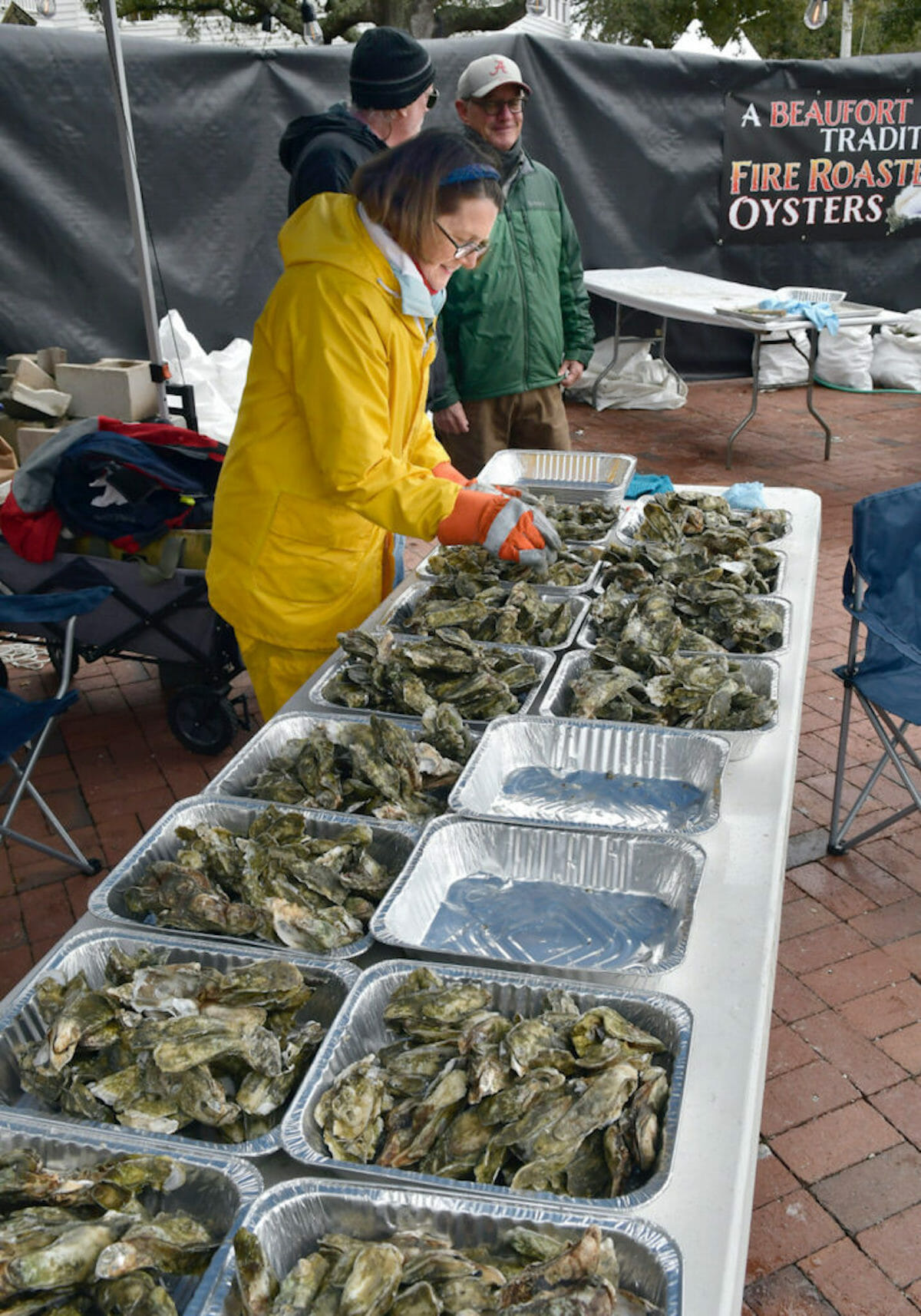Beaufort Co. landscape under attack once again
By Lolita Huckaby
BEAUFORT
It’s ironic that two of northern Beaufort County’s prominent land protectors, both with the love of St. Helena Island in their veins, left this earth within a month of each other, just as the future of their beloved landscape comes again, under attack.
Pierre McGowan, famous to locals for his books on the Lowcountry and his wonderful storytelling abilities, died December 26, six days after his 96th birthday. John Trask Jr., one of the three founders of the state’s first land trust, the Beaufort County Open Land Trust (OLT), died as the New Year was beginning on January 4.
Trask was the last living member of the threesome that started the OLT in 1970, concerned about the impact of development on what they considered treasured open spaces that needed protection. The nonprofit OLT was started to protect a single lot on Bay Street overlooking the Beaufort River. Through the efforts of the staff and dues paid by its members, it’s grown to protect 25,682 acres in 150 different parcels.
Just last year, McGowan gifted his 6.2-acre Dory Island, located in Station Creek on the south end of St. Helena Island, to the OLT to protect it from future development.
Trask had already gifted his family’s Orange Grove Plantation, a total of 850 acres overlooking Wallace Creek also on the south end of St. Helena, to make sure those rural acres are protected.
In total the OLT, according to its website, has preserved 1,700 acres on St. Helena but now the pressure is on to save more, specifically the 500 acres of Pine Island, off Dulamo Road on the north end of St. Helena.
The island and its adjacent high ground have become the topic of considerable debate as the developers move through the permitting process to advance their plans for a private, gated golf resort.
County administrative staff has chosen a path to reword the zoning text that describes what can – and can not – take place in the Cultural Protection Overlay zone. They contend the current brief wording in the text is unclear and creates the potential for a legal challenge.
The county Planning Commission and more than 500 individuals, who signed petitions against the zoning text change, disagree. And in an effort to sort things out and get another opinion the County Council Community Services and Land Use Committee has sent the proposed changed to the CPO advisory committee for their opinion.
The CPO citizens advisory committee met Tuesday for an organization session and their work will be closely monitored by citizens who care. Despite the cheers of the overflow audience when the Planning Commission, which serves as an advisory to the County Council, voted “no” on Jan. 6, it ain’t nearly over yet.
It will take the patience and dedication of people like Pierre McGowan and John, Jr. to monitor this latest development attempt – and others which will follow.
Property swapping just as intriguing as text changing
BEAUFORT – Island Packet columnist David Lauderdale said it best (and let’s face it, Lauderdale to a lot of his readers almost always says it best): the timing is a little squirrely.
Lauderdale was referring to the county admistration’s recommendation to change the text code within the Cultural Overlay Protection zoning which, as written, would restrict development plans for the 500 acres of Pine Island and pose a threat to St. Helena Island’s Gullah cultural district which is growing in national awareness.
But the same can be said for the county administration’s recommendation to swap land in southern Beaufort County, including the Camp St. Mary’s property, to accommodate a new library for the Sun City area and additional ball fields.
The proposed swap was made to the County Council Public Facilities Committee in November where reservations were expressed by some members about not having input from the Rural and Critical Lands advisory board. But the resolution supporting the swap moved forward to the full Council, with the idea “we’ll work out the details later.”
Turns out the full Council agreed – get input from the Rural and Critical Lands Board first – and they did. Last week that panel rejected the proposal.
Their rejection sends the matter back to Council Council which may consider the deal later this month.
So what happens when your citizen advisory boards like Rural and Critical Lands, Planning Commission, Cultural Overlay Protection Committee don’t support the administration’s recommendations?
It sounds complicated, like a chess game, but the bottom line is citizens interested in what’s happening around them, need to pay attention. It’s great to see overflow crowds show up for specific controversial issues but it’s the less, controversial issues on a governmental body’s agenda that can have lasting impact as well – like tax increases or property restrictions.
Lolita Huckaby Watson is a community volunteer and newspaper columnist. In her former role as a reporter with The Beaufort Gazette, The Savannah Morning News, Bluffton Today and Beaufort Today, she prided herself in trying to stay neutral and unbiased. As a columnist, these are her opinions. Her goal is to be factual but opinionated, based on her own observations. Feel free to contact her at bftbay@gmail.com.








